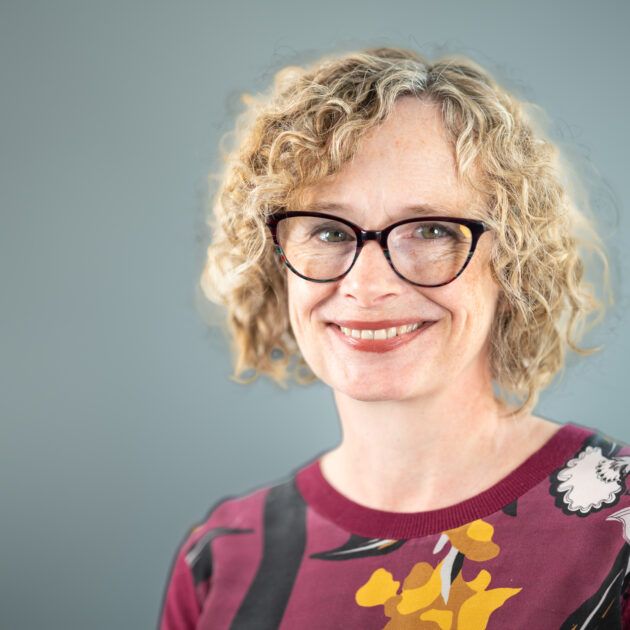
With a General Election expected later this year, much is unknown about the Government’s priorities in the short and long term. However, as recent flurries of media attention show, one ethically charged conversation that is likely to be in the public and political conscience across the UK nations, is the law surrounding assisted dying.
Indeed, the Daily Express reported that ‘the campaign to reform assisted dying laws is set to be one of 2024’s most important debates’.
Just over two months ago, the Nuffield Council on Bioethics (NCOB) announced our project that will utilise surveys and a Citizens’ Jury to explore the perspectives that people living in England have on assisted dying.
The NCOB will not take a position on assisted dying as part of this work. Our role is to support an informed public conversation on the topic. Over the next 12 months, we will be working with the award-winning social researchers Hopkins Van Mil and their partners (M.E.L Research and the Sortition Foundation) to gather evidence that those in positions of influence need to understand the views of the public.
Why are we doing this work?
For over 30 years, the NCOB has identified and tackled some of the most complex and controversial ethical issues facing society. With our reputation for independence, rigour and multi-disciplinary deliberation, and our commitment to delivering impartial, evidence-based ethical analysis, we believe we have a unique contribution to make in informing the wider conversation on assisted dying.
At the heart of this work is the aim to provide in-depth, qualitative evidence of public views about the complex topic of assisted dying. Existing evidence about public views is mostly based on opinion polls, often measuring how much support there is for a change in legalisation, but we want to generate a more detailed picture of what the public views are on the topic.
We will deliver credible, well-informed, evidence that provides a deep exploration into the public opinions on assisted dying and the reasons that underpin public perspectives.
Why a Citizens’ Jury?
Citizens’ Juries are a proven tool for engaging with citizens on a wide range of policy issues. They place members of the public at the heart of deliberation, and countries including Jersey, France, and New Zealand have already shown using this method can provide the rich qualitative data required to inform decision-making on assisted dying.
This makes a Citizens’ Jury a good way of generating in-depth evidence required to deepen understanding of public views on assisted dying in England.
We will ensure that a balanced range of perspectives and information are provided to the jurors, and we will explore complex scenarios, equipping people with an evidence base on which to deliberate and make informed decisions. We also plan quantitative surveys of the English population before and after the Citizens’ Jury to explore and capture attitudes towards assisted dying and views on the conclusions of the Citizen’s Jury.
In Spring, we will publish the briefing materials that we will be using to inform both our surveys and the Citizens’ Jury.
In Summer, we plan to publish an initial report that shares the recommendations from the Citizens’ Jury, including the results of the voting process and the key findings from jurors.
We look forward to sharing the findings from the surveys and Citizens’ Jury by the end of 2024.
Keep in touch with us
If you would like to receive updates on the progress of the NCOB public engagement project on assisted dying, you can sign up for the mailing list here.
Related projects
-
Public engagement